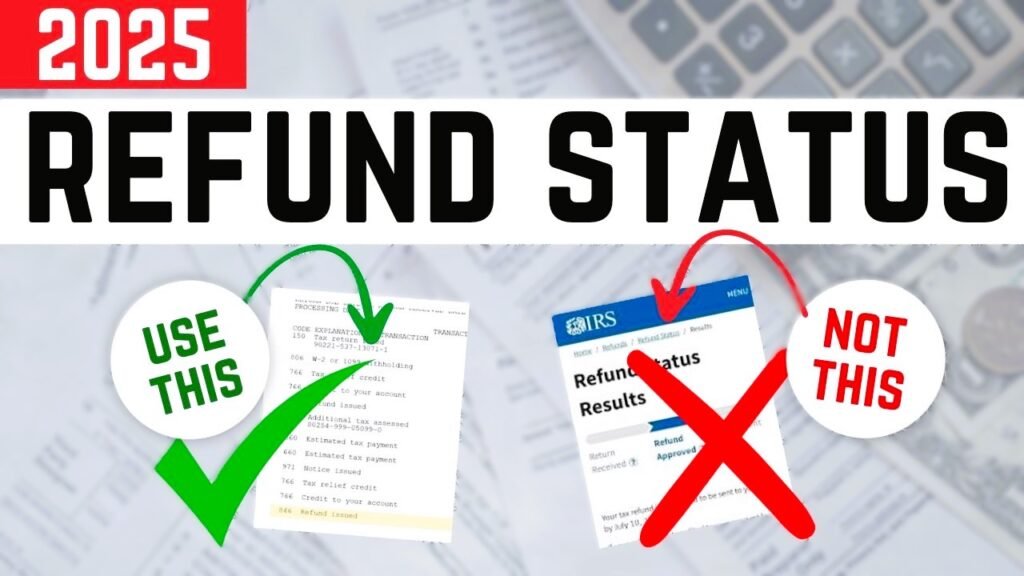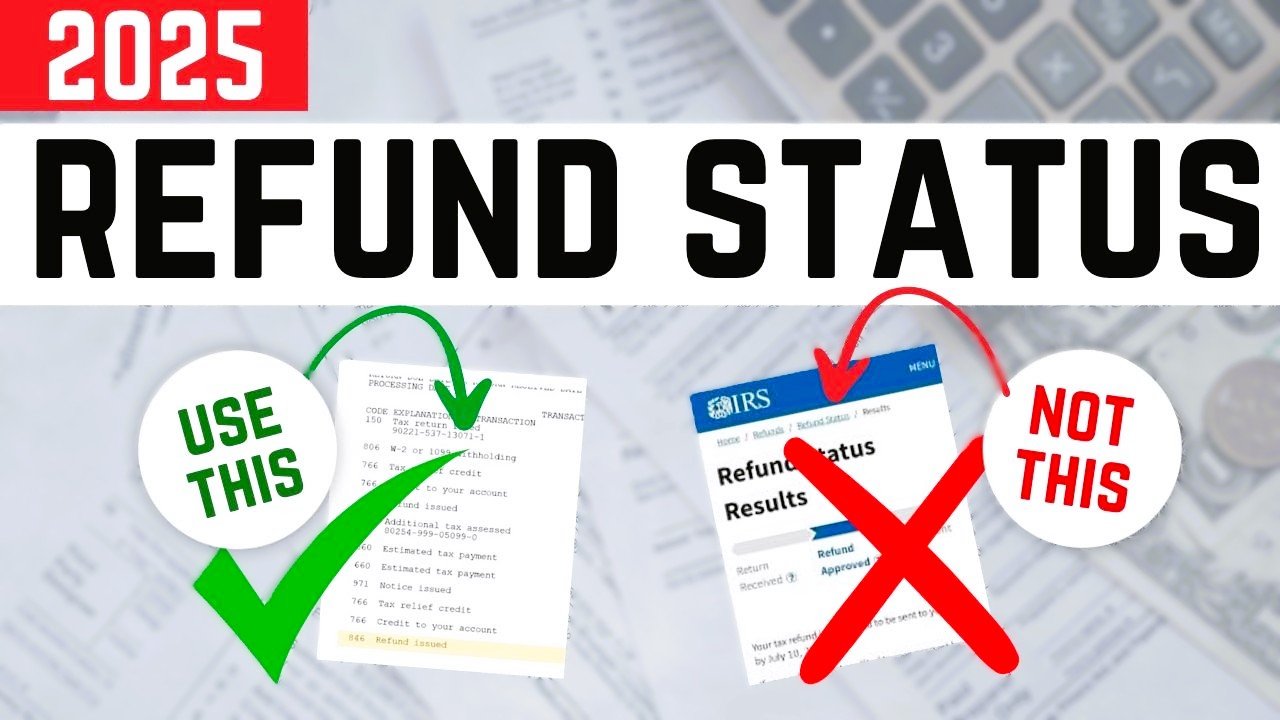IRS Tax Refund Update: Key Developments and Issues Impacting Filers
As the tax season progresses, the latest IRS tax refund updates provide important insights for filers awaiting their returns. This update covers the upcoming batch of tax refunds, common refund-related issues, and guidance for taxpayers experiencing delays or complications.
Upcoming Refund Releases
The next rounds of tax refunds are scheduled for release on February 11th and 12th. Tax transcripts confirm these release dates. Most individuals included in these batches will receive their refunds via direct deposit on the scheduled day, though some may see deposits arrive earlier depending on their bank’s processing policies. However, it is recommended to allow an additional five days for the funds to appear in bank accounts before initiating a payment trace.
For those who had tax preparation fees deducted from their refunds, it is unlikely that funds will be received before the posted refund date.

IRS Processing Statistics
Tax return processing is progressing smoothly, with no major technical issues reported. Currently, 11.7 million tax returns have been processed out of the 13 million filed this year, reflecting an 88.9% processing rate—slightly lower than last year’s 90% at this stage.
Most returns are processed within 21 days from the official tax season start date, January 27th. Filers who submitted returns before this date should count the 21-day period from January 27th rather than their filing date.
Tax Topic Codes: What They Mean
Many filers checking their refund status online encounter tax topic codes, with Tax Topic 152 being the most common. This is a standard processing code that does not indicate any issue with the return.
Some filers may not see any tax topic codes, which is also normal and does not indicate a problem. Additionally, some individuals who previously saw Tax Topic 152 may notice it disappear. This is a routine occurrence and should not cause concern.
However, encountering Tax Topic 151 suggests a potential issue that may delay processing and refund release. The IRS may send a notice requesting further documentation, which can be confirmed by checking tax transcripts for Code 971, indicating that a letter has been mailed.
Filers who receive Tax Topic 203 should be aware that their refund has been reduced due to debts such as past-due child support, state income tax liabilities, or other federal non-tax obligations.
PATH Act Refund Holds
A significant number of filers are impacted by refund holds under the Protecting Americans from Tax Hikes (PATH) Act. This affects individuals who claimed the Earned Income Tax Credit (EITC) or the Additional Child Tax Credit (ACTC). Notably, the standard Child Tax Credit is not affected.
Impacted filers should see a specific message when checking their refund status. Those uncertain about whether they claimed the EITC can verify by checking their tax transcripts for Code 768, which indicates the presence of this credit.
No Updates on Tax Transcripts
Many taxpayers report no updates to their tax transcripts, often encountering blank transcripts indicating no return has been filed. This is typical early in the season, as updates can take between two to four weeks to appear.
If a transcript does not update by 9:00 AM Eastern Time, filers should check again on the next business day.
Incorrect Banking Information on Tax Returns
Some filers mistakenly enter incorrect bank account information when opting for direct deposit. Once a return is accepted, banking details cannot be changed. In these cases, the IRS will attempt to send the refund to the incorrect account. If the bank rejects the deposit, the refund will be returned to the IRS and will appear under Code 841 on tax transcripts. The IRS will then issue a paper check to the address on file, which typically takes 4–6 weeks.
Conclusion
As tax season unfolds, IRS processing remains steady with ongoing refund releases. For filers experiencing delays, understanding tax transcript codes and refund status updates can provide clarity. We will continue monitoring IRS updates and developments. Stay informed by checking for updates and ensuring your tax records are accurate.
For further updates and discussions, please feel free to share any ongoing tax-related issues in the comments. Thank you for staying up to date with our IRS tax refund coverage.

